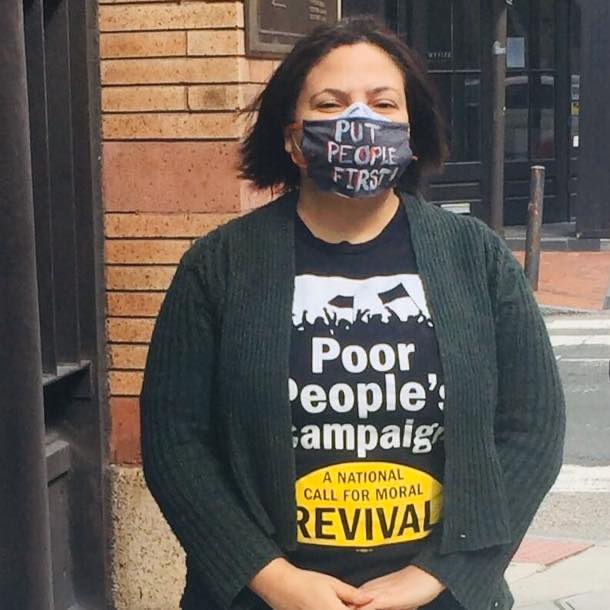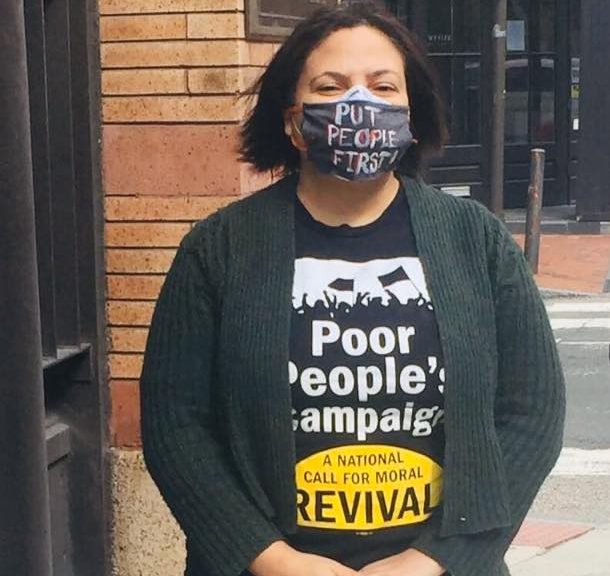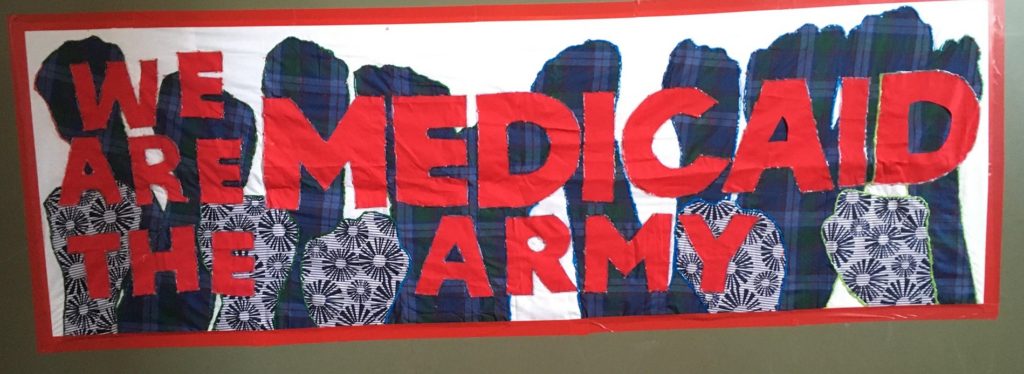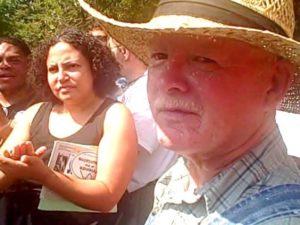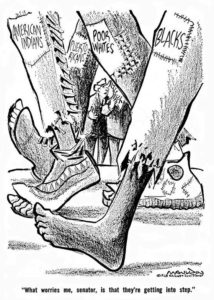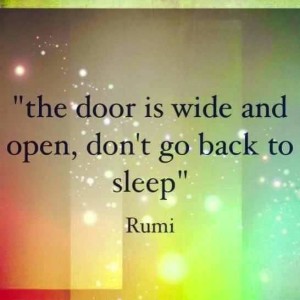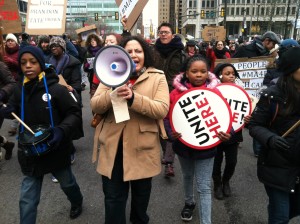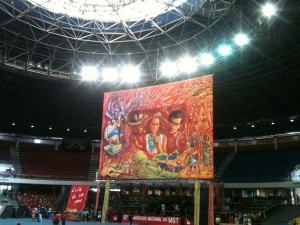I was raised in Monessen, PA. My maternal grandparents and I lived in a one-floor house on Reeves Avenue, almost at the top of a hill. There are some huge hills out that way. My family’s move up the hill from “down-street” (closer to the mills spewing out black smoke, poorer, and lower elevation) was a symbol of slight upward mobility that was afforded by my grandfathers’ lifelong employment at Wheeling Pittsburgh Steel. My grandmother’s two brothers also worked in the mill (she even did a stint there during World War II when there was a shortage of male workers), and one of her brothers died in the mill, crushed by a molten hot beam.When I was 10 years old, the steel mill closed for good. When I was 11 my uncle moved us away. In the 2010 census the population of Monessen was 7,720, down from a high of 20,257 in 1940. Per capita income is now $16,627. My memories of Monessen as a place are fond. I spent a lot of time outside, we grew our own vegetables, and when I tested into 4th grade at the age of 7 after being homeschooled by my grandmother, I wasn’t the only kid of color or of mixed heritage, not by a long shot.
Over two decades after I left, I reconnected with friends from elementary school on social media. Many of them are still in Monessen or in the surrounding towns of Donora and Charleroi. I’ll always love and care about my first friends because I grew up with them. I notice their positive qualities and I see their shortcomings and challenges through a lens of loyalty, as is customary among friends. Their way of seeing the world shows up in my news feed. There are lots of family photos, struggles with health, relationship drama. Some of them – not all – are angry about recent waves of immigration. Some don’t like Obamacare much. Some aren’t in favor of raising the wage for fast food workers to $15 an hour.
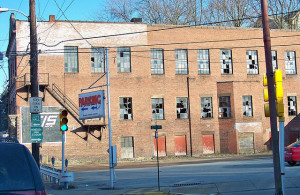
Surprisingly perhaps to you, there’s a lot of resonance between their views and the views of people on my block of row houses in the Cobbs Creek section of West Philly (with the possible exception of a positive, as opposed to negative disposition to Obamacare), in a city of 1.5 million people, with a per capita income of $16,509. When there are fewer and fewer means to survive, and we don’t have answers that get to the roots of why or a way forward (instead – powerlessness, isolation, scapegoating and false solutions) we tend to become less – not more – magnanimous. We’re influenced to believe that if we have something it’s because we outdid someone else, and whatever anyone else “gets”, whether that’s a pension, a raise, healthcare, or some form of assistance, it means less for us. And because we don’t have any guaranteed means to survive or the power to mold the world to our benefit, as our true opponents do, that worldview has a certain logic to it.
I don’t feel the need to apologize for the people that I grew up with any more than the people who live on my block. To do so would be insulting and dehumanizing. At the end of the day, my people out in Monessen and Southwest PA are struggling, in a way that is similar to my people on the block. They are not calling the shots, making laws, creating policy, buying candidates, granting tax breaks, or ruthlessly exploiting our very real and justified fears of survival.
That’s why I’m involved in a movement to create more connections between people who both the politicians and the pundits seem to want to see at odds. To disrupt the two-sides-of-the-same-coin ideology that makes people in Philadelphia feel fear and loathing for people in Monessen in the same way that people in Monessen are made to feel fear and loathing, instead of closeness and friendship, for us.
I’m a fan of Game of Thrones. Before the opening credits are over, we get a short lesson in each of the “sigils” of the major houses – the symbols of the people who are vying for power. Well beneath those who are vying for power are “bannermen” – vassals who owe their service and allegiance to the feudal lords. They get their name because as they ride into battle they carry the banner of their lords – they are, in essence owned and controlled by the interests of this banner. They do not show up as real actors in the story, but extras who merely serve a function for the ongoing quest for power between different factions of elites.
There are women and men throughout our state of 13 million people that have a capital D or capital R next to their name on the voter rolls. That designation is the basic thing about their lives that matters to the powers that be. It’s not all that matters to me.
“It is our duty to fight for our freedom. It is our duty to win. We must love each other and protect each other. We have nothing to lose but our chains.” – Assata Shakur
